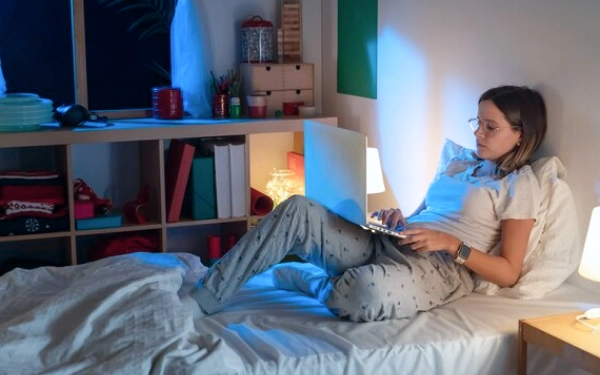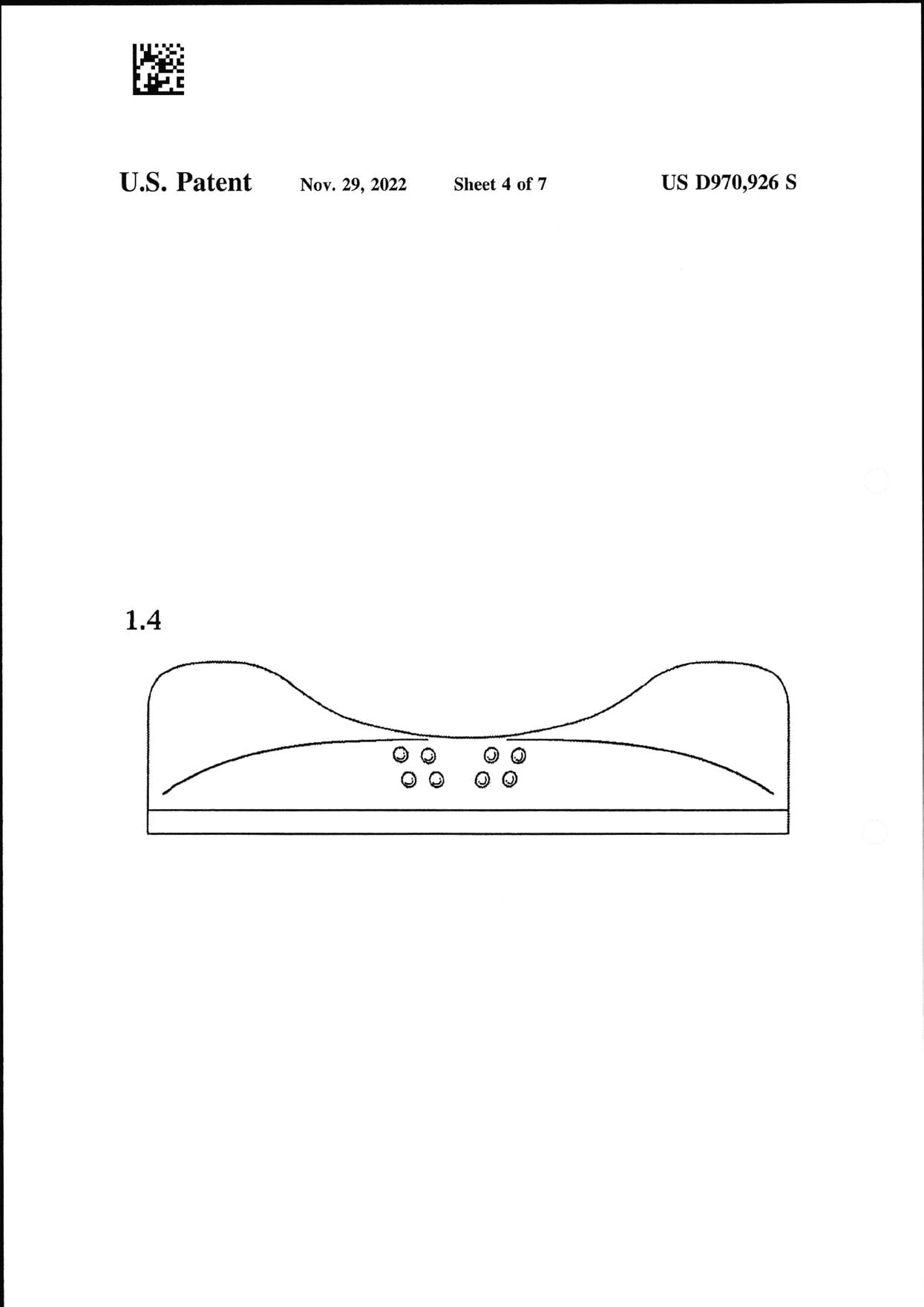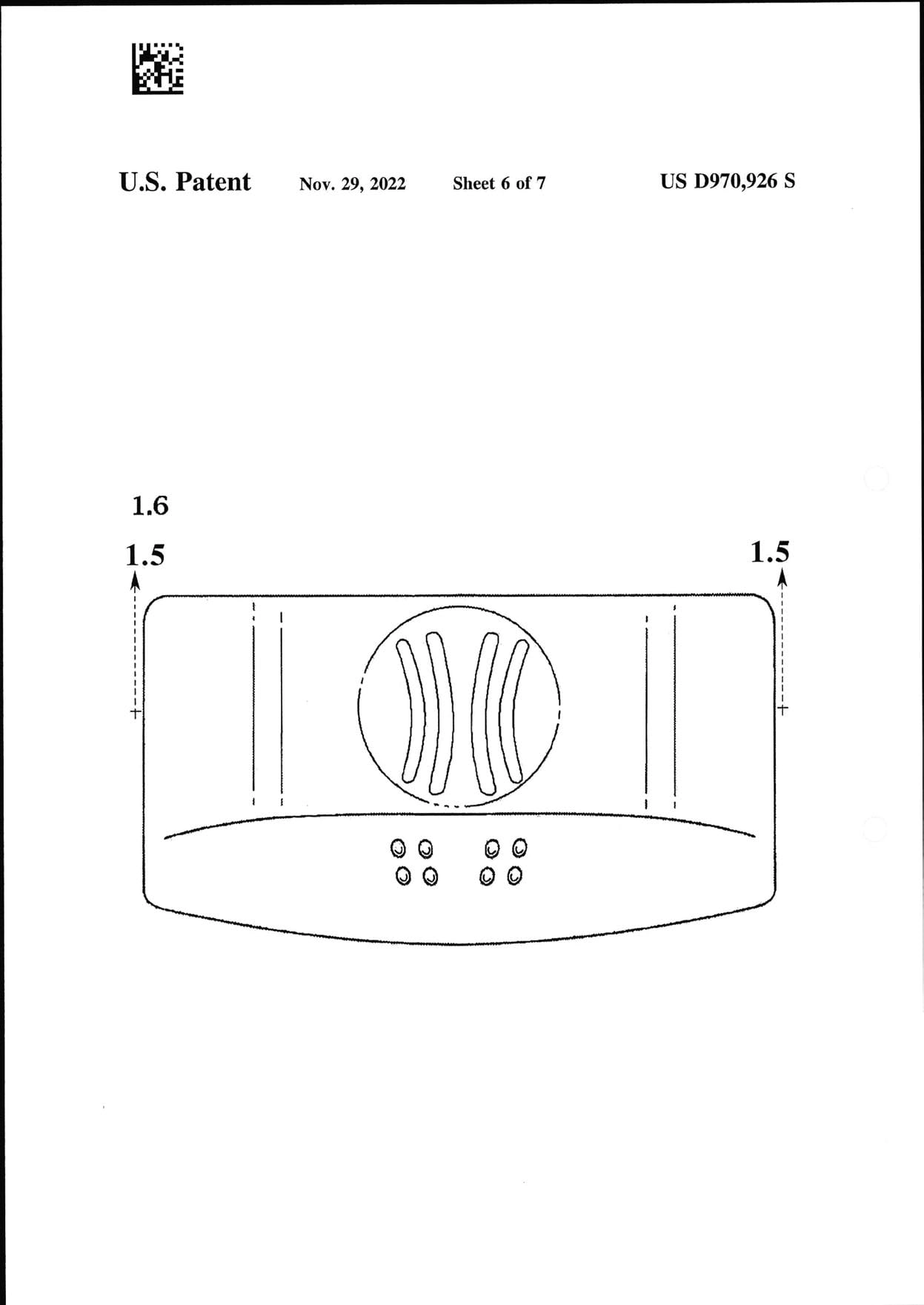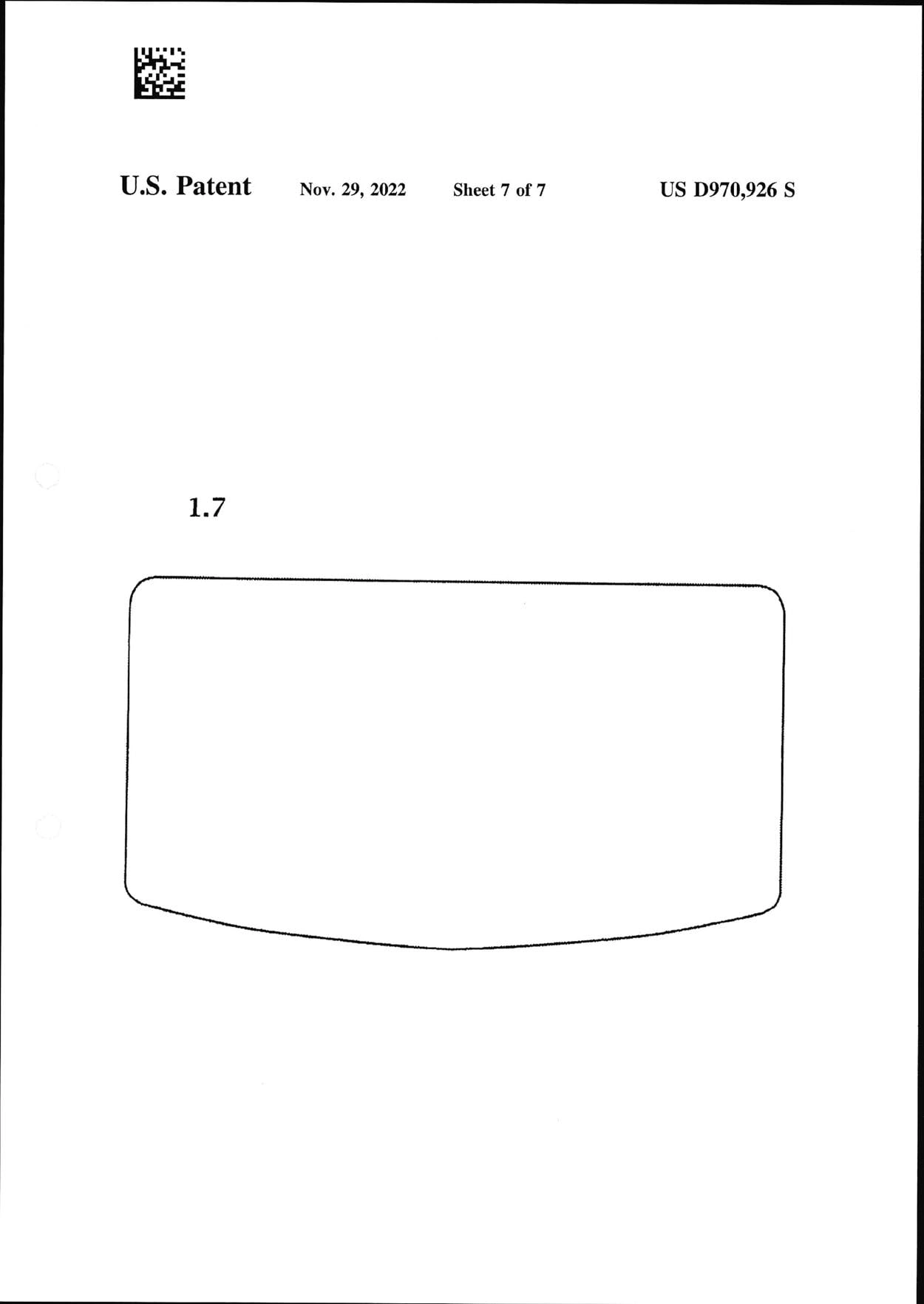ПОЧЕМУ НАМ ЖАРКО ВО СНЕ
Проводите все время до будильника, сбрасывая и натягивая одеяло в безуспешной настройке комфортной температуры? Ищете – и никогда не находите – прохладную сторону у подушки?
В такую (совсем не азартную) игру «горячо-холодно» играют по ночам миллионы людей. Мы составили список распространенных причин, почему это случается. И, конечно, дополнили его решениями, которые можно ввести в свой вечерний распорядок, чтобы потеть во сне больше не приходилось.
В такую (совсем не азартную) игру «горячо-холодно» играют по ночам миллионы людей. Мы составили список распространенных причин, почему это случается. И, конечно, дополнили его решениями, которые можно ввести в свой вечерний распорядок, чтобы потеть во сне больше не приходилось.
ПРИЧИНЫ

СМЕНА СЕЗОНА
Ночью минус 5, утром плюс 15. Оставленная открытой при такой погоде форточка провоцирует целую постельную драму: вы засыпаете под сложенным непродуваемым «конвертиком» пуховым одеялом, а после рассвета сбрасываете его на пол и лежите в простыне, как жар горя. Смена времен года – самый тяжелый период для тех, кто склонен к сильному потоотделению по ночам.

РИТУАЛЫ ПЕРЕД СНОМ
Фитнес-зал после офиса и чашечка кофе как диджестив на позднем ужине (для лучшего пищеварения) – неплохая идея. Но только если вы горите на работе, а не во сне.
Энергичные упражнения помогают высвободить гормоны радости, однако одновременно разогревают тело. А кофеин расширяет сосуды периферийной нервной системы, учащает пульс и затрудняет охлаждение организма, без которого невозможно провалиться в крепкий сон.
Энергичные упражнения помогают высвободить гормоны радости, однако одновременно разогревают тело. А кофеин расширяет сосуды периферийной нервной системы, учащает пульс и затрудняет охлаждение организма, без которого невозможно провалиться в крепкий сон.

ЛЕКАРСТВА
Поднять температуру способны и некоторые медикаменты. Чаще всего это антидепрессанты, препараты для пациентов с диабетом и заместительная гормональная терапия. Что подводит нас к следующей теме…

КОЛЕБАНИЯ ГОРМОНОВ
Гормональный цикл у женщин играет огромную роль в процессах терморегуляции. Где-то в его середине ночи становятся жарче, в том числе и в самом прямом смысле. К ночной потливости ведет подъем прогестерона во время овуляции.
К счастью, длится этот горячий эпизод всего несколько дней. При регулярных менструациях легко предсказать, когда уровень гормонов будет максимально высоким. Попробуйте отслеживать свой цикл вручную или через приложение. Зная точную дату овуляции, сделать сон комфортным можно, просто заранее сменив фланелевую пижаму на тонкую майку.
К счастью, длится этот горячий эпизод всего несколько дней. При регулярных менструациях легко предсказать, когда уровень гормонов будет максимально высоким. Попробуйте отслеживать свой цикл вручную или через приложение. Зная точную дату овуляции, сделать сон комфортным можно, просто заранее сменив фланелевую пижаму на тонкую майку.

МЕЛАТОНИН
Самым важным гормоном для регуляции сна считается мелатонин. Он снижает температуру тела, вызывая у нас сонливость и желание немедленно свернуться калачиком. Выработку жизненно важного гормона стимулирует полная темнота. Но с экранами телефонов, телевизоров, ноутбуков и сотнями лампочек по всему дому мы можем отодвигать приход мелатонина бесконечно долго.
Печальная истина в том, что если не прекратить вечеринку вовремя, тело сделает это за нас. Причем довольно бесцеременно: дефицит мелатонина, нарушив циркадные ритмы, превратит любителя ночных сериалов в вялого соню днем, что в конечном итоге может снизить функции иммунной системы, отразиться на социальной жизни и привести к проявлениям депрессивных расстройств. Так что тушите свет!
РЕШЕНИЕ
Какими бы ни были их причины, мириться с бессонными ночами на влажных подушках необязательно. Маленькие, но важные перемены в вечерних ритуалах должны помочь.

ВЫДЫХАЕМ
Легче сказать, чем сделать. Но это медицинский факт: чем вы спокойнее, тем быстрее снизится температура вашего тела. Горячий ромашковый или мятный чай – прекрасные релаксанты! А чтобы не рисковать с перегревом, попробуйте заварить травяной чай пораньше и пить его слегка остывшим – или даже со льдом и долькой лимона, как айс-ти.

ВОДНЫЙ КОДЕКС
Сон и гидратация связаны теснее, чем мы думали! Если вы просыпаетесь в поту несколько раз за ночь, скорее всего, к утру вы будете не только утомлены и сердиты, но еще и обезвожены. Наблюдения ученых показывают, что те, кто страдает от дефицита сна, точно так же испытывают хронический дефицит жидкости. Чтобы этого избежать, всегда держите полный стакан воды комнатной температуры на прикроватной тумбочке.

ПАРО-НОРМАЛЬНОСТЬ
Хотя это может показаться нелогичным, горячий душ или ванна перед сном могут снизить общую температуру тела. Такие водные процедуры улучшают кровоток и снижают давление. К тому же, разу после выхода из ванной капельки воды испаряются с кожи, действуя как пот и охлаждая ее.
Ну а если добавить в ванну несколько капель эфирного масла лаванды, засыпать вы будете будто на перине посреди провансальского поля. То есть мгновенно!

ОБЛАСТИ ТЬМЫ
Задерните шторы, погасите весь свет, уберите экраны и выключите приборы с мигающими огоньками – они тоже могут отвлекать вас ночью. От ярких уличных фонарей за окном спасут блэкаут-шторы либо шелковая маска для сна. Она, кстати, ничуть не хуже справляется с блокировкой всего видимого света и естественным образом стимулирует выработку мелатонина.

НОВОЕ ОДЕЯЛО
Перьевые, пуховые и шерстяные покрывала хороши для морозных ночей. Но при трудностях с термогрегуляцией даже зимой требуется нечто более «воздушное» и вентилируемое. Сетчатые панели дышащего одеяла Beauty Sleep из хлопка-сатина и холлофайбера позволяют избыточному теплу и влаге проходить сквозь ткань и рассеиваться в спальне, а значит, поддерживают оптимальную температуру тела до самого утра.
















































